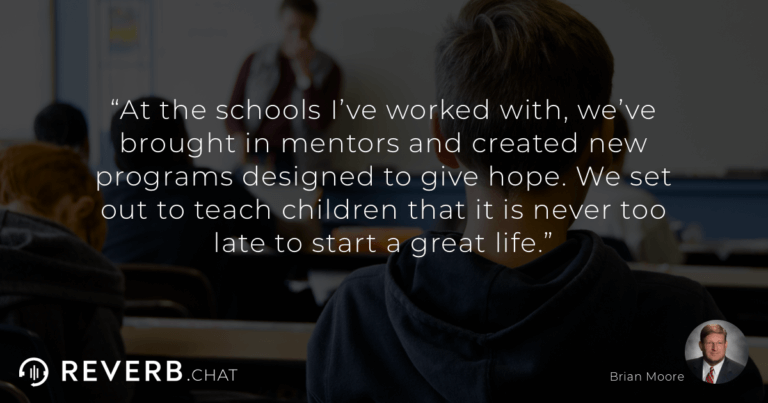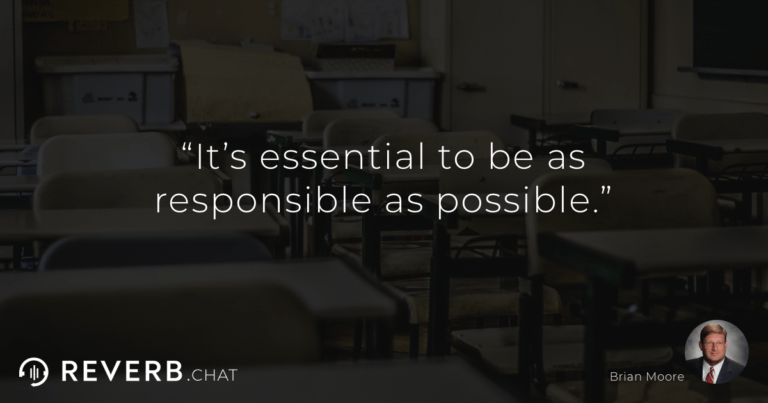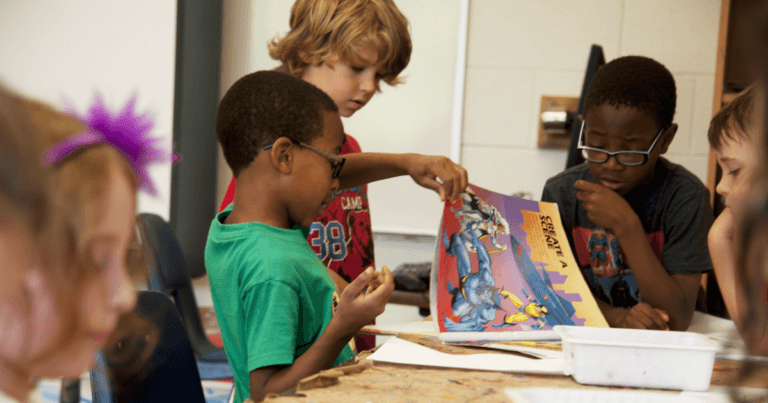The author’s views are entirely his or her own and may not always reflect the views of Reverb.
A major problem with education that must be addressed is children who are forced to grow up in extremely suboptimal settings.
Addressing this means giving hope to children raised by parents or by a community that doesn’t instill self-belief and promise for the future.
Educators, especially those serving young people who are losing faith in themselves and those around them, have to provide support and encouragement.
Not addressing this can create a dangerous self-fulfilling prophecy, leading to short-term actions from youths, amounting to self-destruction, violence, and crime.
In this instance, it’s crucial that topics like equity in education – designing programs and tools for everybody – be acknowledged. There are also other ways to address this.
Programs to give hope
At the schools I’ve worked with, we’ve brought in mentors and created new programs designed to give hope. We set out to teach children that it is never too late to start a great life.
It’s a hard message for many to receive.
Some of these programs are field trips. We take students to faraway recreation communities such as snowy ski mountains, beaches, or college towns.
This is immensely meaningful for underprivileged students who internalized a belief that they would never leave their city.
Goals and prevention
What we’re doing through these activities is catching students at a young enough age where our actions can revitalize their younger self’s sense of imagination and possibility.
Sometimes this works, and other times we fail miserably. We’re always learning, just like the students, and a failure is awful for everybody. This is why it’s essential to be as responsible as possible.
Two of my students are on death row and will never see the beach again.
These students are the reason, however, that I do what I do. They provide a terrible reminder of the consequences of an inadequate education system and impaired community.
In this regard, I will never say that three of my students are on death row.
Concluding and protecting
This is why nurturing young people growing in unfortunate communities is critical.
It doesn’t just affect the children, but all those they come into contact with. It’s our responsibility to shape the world into the type of place we’re proud to live, and I’m proud to help with this duty.
What do you think? Do you have any thoughts on how to best instill hope in children? Share them in the comments below; it would be great to hear others’ ideas.







